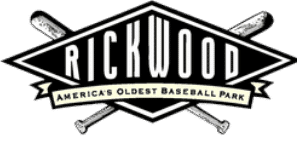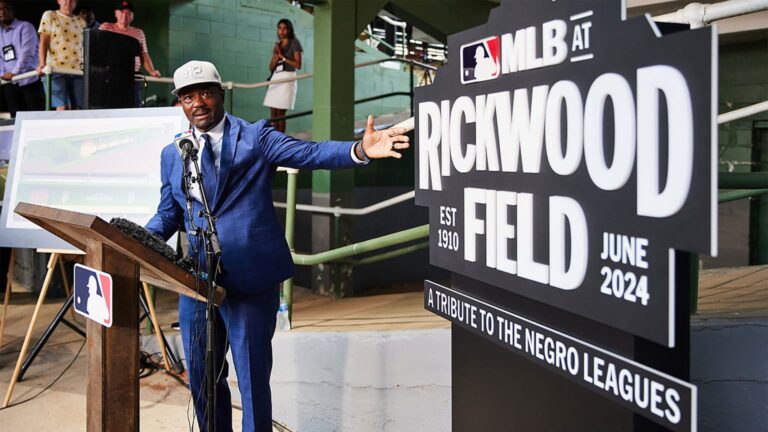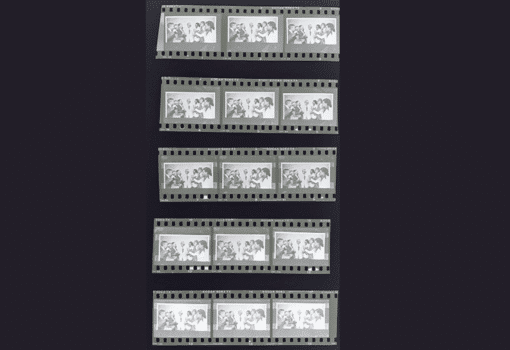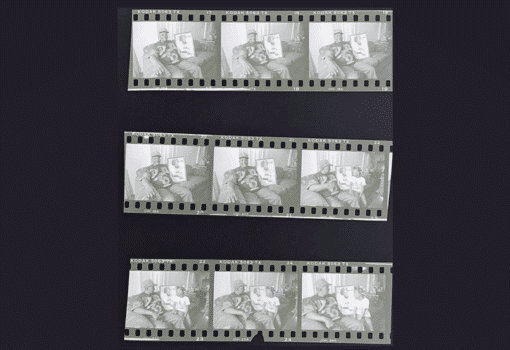History of Rickwood Field
The Legend of Rickwood Field
(and the players who helped create it)
Rickwood Field was the passionate pursuit of a young Birmingham, Alabama industrialist, A. H. “Rick” Woodward. While still in his 20s, Woodward bought a controlling interest in the city’s professional baseball team, the Coal Barons. His city was riding high, earning the nickname the ‘Magic City’ due to its phenomenal growth, and Woodward was determined to build a ballpark for his team befitting the title. He first sought design help from the legendary Connie Mack and was heavily influenced by visits to the newly constructed steel and concrete Forbes Field in Pittsburgh.
The Birmingham News conducted a contest to name the park; the winning submission, presumably to Mr. Woodward’s delight, was “Rickwood Field.” Woodward’s passion was contagious. Fueled by fervent publicity, the entire city of Birmingham was closed for business in honor of the park’s opening day. On August 18, 1910, after donning a Barons’ uniform and inserting himself into the line-up to throw out the first actual pitch of the game (a ball), Woodward settled back to enjoy the sold-out spectacle with satisfaction. The nation was baseball-mad, and Woodward’s hometown was no different. He was the proud owner of arguably the best, and definitely the newest baseball park in the land.
Rickwood was the first minor league park built of steel and concrete. Woodward knew that the park was built to last. But he could never have imagined a future, some eighty-one years later, when the demolition of Chicago’s Comiskey Park in 1991 would leave his beloved Rickwood Field as the oldest, baseball park in the land.
The community crowded Rickwood, winning the League attendance trophy regularly, and was rewarded as player-manager Carlton Molesworth led the home team to Rickwood’s first Southern Association title in 1912. Thanks to its convenient location as a railroad hub, major league teams and their stars frequently stopped in Birmingham on their way home from spring training to see Rickwood for themselves. So in addition to cheering on the Baron’s pitcher Burleigh Grimes, who would be the last legal spitballer in baseball, the standing-room-only Rickwood crowds also got to cheer or jeer all five players who would be elected into the very first class of the National Baseball Hall of Fame: Detroit’s Ty Cobb, the Giants’ Christy Mathewson, Walter “Big Train” Johnson, and Honus “The Flying Dutchman” Wagner. And last but certainly not least, Babe Ruth.
Baseball was on its way to becoming the national pastime, entering what many have since called its “Golden Era”. Trolleys delivered enthusiastic fans to every game, reflecting the community’s growth and newfound leisure time; times were good. But not for everybody.
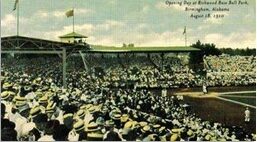

The nation’s historical racial prejudices had hardened into new barriers for Black citizens. Jim Crow laws kept Black citizens separate and unequal and thwarted their full access to many aspects of the blooming American experience, including baseball.
Denied the opportunity to play in organized professional baseball leagues, leaders formed the Negro Leagues to provide opportunities for Black players to showcase their talents. Birmingham’s first entry into the newly formed professional league was the Birmingham Black Barons, formed in 1921, primarily from local company ACIPCO’s Black company team.In an enterprising arrangement with Woodward, the Black Barons rented Rickwood on the dates when the Barons were on the road.
Woodward soon built Rickwood’s distinctive mission-style entrance building, expanded the grandstand, and built new bleachers (including the ‘colored bleachers’ in right field), all to accommodate the overflow crowds. He appreciated the paying business. When the sign hung on the front of Rickwood proclaimed “Black Barons Today,” mostly Black fans would fill Rickwood to cheer their team. This unique arrangement would remain in place for the next forty years, allowing Rickwood fans to enjoy the diamond exploits of some of the country’s greatest white and Black ballplayers. Just never at the same time.
Harold “Pie” Traynor anchored the Barons’ infield, exhibiting talent that would make him the first third baseman inducted into the National Baseball Hall of Fame, and no one could get Barons’ hitter Rogers Hornsby out. The Yankees and Babe Ruth were frequent visitors here, the Bambino wooing crowds with towering home runs into the right-field stands. Meanwhile, the upstart Black Barons teams featured George “Mule” Suttles, a legendary power hitter in the Negro Leagues, and a cocky young pitcher Leroy “Satchel’ Paige, who hurled and jawed his way into the hearts of the local fans, winning more games for Birmingham than any other in what would become an almost mythical career.

Even when its two teams were away, Rickwood was rarely idle. As the city’s largest entertainment venue (until Legion Field was built), Rickwood was a popular choice for other major events. Alabama and Auburn both regularly used Rickwood as a home field for their college football games in Birmingham from 1911 to 1927, as did other local colleges and city high schools. Music concerts were regularly on Rickwood’s calendar, and the circus returned each year to perform.

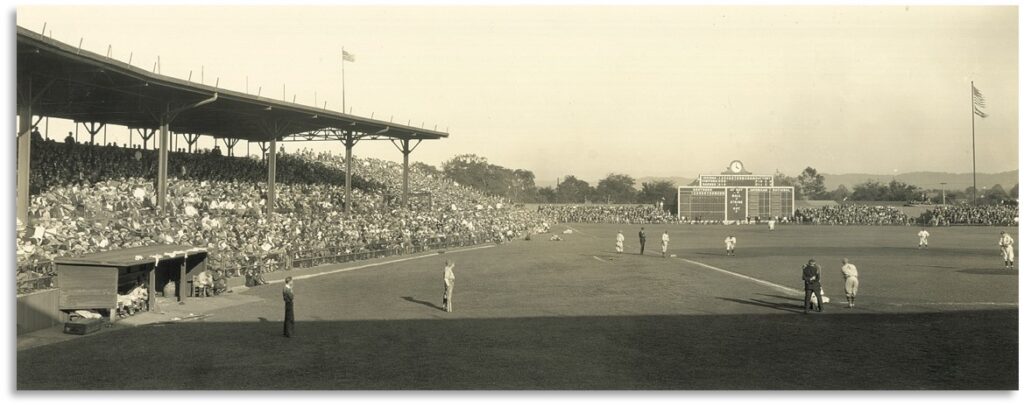
Though the Depression took the wind out of the local economy, baseball provided a measure of relief. Houston Buffalo pitcher Dizzy Dean pitched – and lost 1-0 – one of the most famous games in Rickwood history. In the 1931 Dixie Series, pitting the champion of the Texas League against the champion of the Southern Associa, Dean squared off against the Barons’ Ray Caldwell, a 43-year-old pitcher in the twilight of his career. The brash phenom had guaranteed victory, and Birmingham fans crowded the foul lines, and perched on the outfield wall and even in trees to watch their Barons prove him wrong. Dean struck out none to Caldwell’s five, with Barons’ second baseman and future Alabama Hall of Famer Billy Bancroft delivering the winning hit before an ecstatic sell-out crowd.
In 1936, Rickwood became one of the first minor league ballparks in the country to host night baseball when Woodward installed distinctive field lights that watch over the field to this day. When Babe Ruth popularized the home run, Rickwood’s outfield fences and towering, hand-operated scoreboard were moved to a more batter-friendly distance. There was great play on the field and a great field to play.
The Black Barons won three Negro American League championships in the following decade, the final one led by popular player-manager Lorenzo “Piper” Davis’ and superb batsman Artie Wilson, but the team is mostly remembered for its teenage centerfielder, Willie Mays, who grew up minutes from Rickwood Field. Mays was just 17 years old and became a starter on the team. He contributed key hits in Games One and Two of the Negro American League Championship Series helping the Barons secure victories. He also led the Black Barons to its only win in the 1948 Negro League World Series. Mays played two more summers with the Black Barons before embarking on a dazzling major league career that convinced many that Mays is the greatest baseball player in history. 1948 was a watershed year for Birmingham baseball fans, as the Barons also won the Southern Association championship, setting the all-time league attendance record cheering for the team that starred power-hitting Walt “the Moose from Moosup” Dropo, who would earn National League Rookie of the Year honors just two seasons later.
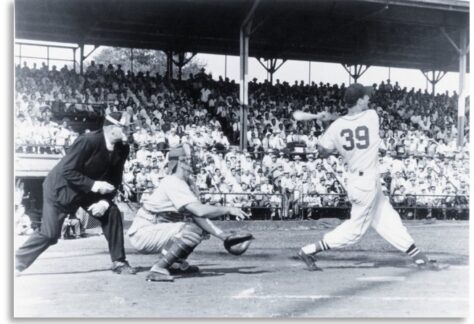

The Barons won another title in 1958, and Mickey Mantle and Stan “the Man” Musial brought their teams from spring training to Rickwood. Although the Negro Leagues were winding down in this era, the Black Barons won a Negro American League championship in 1959 and were the last team standing in 1962, when the league ended according to baseball historian Bill Plott.
When Jackie Robinson “broke” the color barrier, the door was cracked for the next generation of players of ALL races to compete against others at the highest level. Fortunately, the nation, and baseball, were changing. But change would come slower in Birmingham, as its particularly strident enforcement of Jim Crow laws and age-old prejudices combined to give ongoing purpose to the Black Barons and the Negro Leagues all the way into the Sixties.
By 1962, the year before images of firehoses and dogs roiled the city and horrified a nation, the Barons decided to not field a team at all rather than join the newly formed Southern League, which was comprised of teams with white and Black players. But Birmingham fans, Black and white, old and young, missed their baseball and let their feelings be known. In 1964, the segregated seating signs were removed, and Rickwood Field became one of the first public facilities in Birmingham to integrate, as the Barons team that included Black players Bert Campaneris Tommy Reynolds and John “Blue Moon” Odom united the fans at last behind one team. While it may be wishful revisionist history, in this one symbolic instance, the city’s love of baseball had managed to overcome a century of hate.
When Birmingham native Charlie O. Finley began stockpiling the young stars that would make up the building blocks of his three Oakland A’s championships, his newly named Birmingham A’s were powered by Reggie Jackson, with pitching provided Rollie Fingers (sans mustache), and flamethrower Vida Blue. From the late 1960s to mid-1970s, Hank Aaron regularly brought his Atlanta Braves to play the Southern League All-Stars at Rickwood, giving the fans a glimpse of the man on his way to the all-time home run record.


The Birmingham A’s moved to Chattanooga due to sagging attendance at the end of the 1975 season, leaving Rickwood alone with its legends for five seasons. However, in 1981 Memphis GM Art Clarkson led a consortium of investors and purchased the Montgomery Rebels and moved them to Birmingham, rebranding the club as the Barons. These Barons won two more Southern League titles, in 1983 and 1987. However, Rickwood was more than showing its age, and the decaying facility was surrounded by a deteriorating neighborhood. Even though minor leagues were enjoying a remarkable renaissance around the country, this was not the case in Birmingham, and not at Rickwood. Even the championship season in 1987 felt bittersweet, only delaying the inevitable. The crowds had once again thinned to a trickle. When Clarkson was unable to secure a commitment from the city to make the desperately needed improvements to the park, the Barons moved to a new home ballpark in Hoover, a suburb south of Birmingham. When the City leased the old ballpark to the Board of Education for high school baseball and occasional football games, nobody doubted that the days of Woodward’s magical baseball palace were numbered.
The National Register of Historic Places
When the White Sox announced plans to demolish Comiskey in 1991, Rickwood Field went from ‘old’ to ‘historic.” The National Register of Historic Places officially acknowledged Rickwood’s unique place in American history. Rick Woodward’s 1910 ballpark was now the mother church of baseball.Seizing the moment, the Friends of Rickwood organization was formed in 1992, comprised largely of men who could not stand the thought of a wrecking ball demolishing the very place they had spent their youth watching their heroes. The city seemed more than glad to give the group the keys to the ancient park.
First, there was the question of money. Inspired by missed opportunities with movies “League of Their Own” and “The Natural,” Rickwood was marketed as a particularly authentic film location and successfully leased the park as a set for period films about Rickwood alumni, including “Cobb” (Ty Cobb), and “Soul of the Game” (Negro Leaguers Paige, Gibson, and Robinson). More recently, “42”, the award-winning biographical look at the journey of Jackie Robinson. Rickwood had new life.
In 1996, the Birmingham Barons agreed to return to their long-time home for a throwback game for the ages. The Rickwood Classic paid tribute to the legendary 1948 Birmingham Barons and Black Barons teams, with the Barons and the Memphis Chicks donning replica uniforms of the era. For the first and only time, the returning players and executives from these famous teams shared the emerald green grass of Rickwood’s infield before Rickwood’s first sell-out crowd in many years stood and cheered. The moment may have been lost on many of the younger fans, but certainly not on the legendary players themselves. Rickwood, long the setting for such beautiful baseball despite such historical restraints, was a place for healing.

The Rickwood Classic was so popular with fans and players that the game has become an annual ritual that draws fans from across the nation, who come to see and feel baseball in the setting that still exists only at Rickwood Field, America’s Oldest Baseball Park.
Today, Rickwood hosts some 150 125 amateur games a year, from high school, baseball camps, and travel baseball, to serving as the home field for HBCU Miles College. Every game offers a new generation of players a chance to feel the magic of Rickwood, to play on the same field as Ruth and Mantle, and to pitch from the same mound as Satchel and Dizzy. It will likely be years before we learn if any future Hall of Famers began their journey at Rickwood, just as Willie Mays did over 70 years ago.
Of the 351 members who have been elected to the National Baseball Hall of Fame, 181 have played, managed, umpired or led a baseball team at Rickwood Field since 1910. Rickwood Field is heralded due to the distant era of its opening, but it is the players who give that legacy its meaning.
MLB and the Tribute to the Negro Leagues
The announcement by Major League Baseball that the San Francisco Giants and St. Louis Cardinals will play a regular season game at historic Rickwood Field in 2024 as a tribute to the Negro Leagues has already brought new appreciation for Rickwood, and will introduce another generation to Rickwood’s special place in baseball and national history.
Timeline
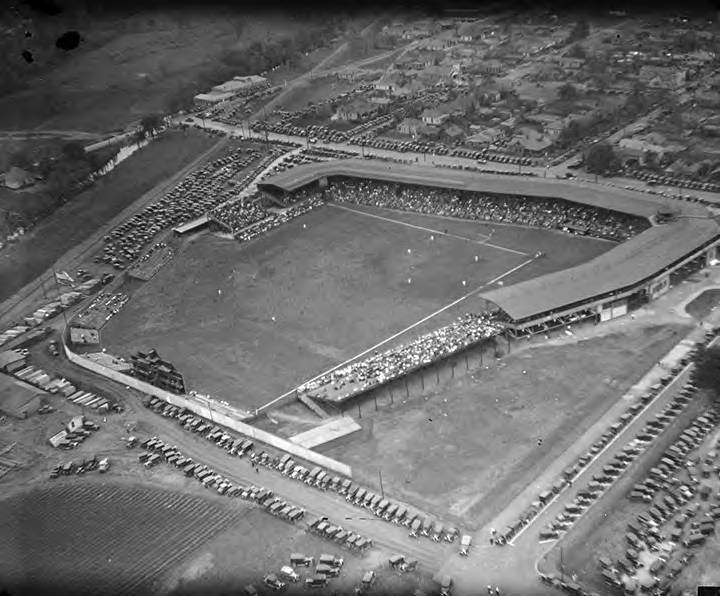
(Alabama Department of Archives and History. Donated by Alabama Media Group. Photo by Haywood Paravicini, Birmingham News.)
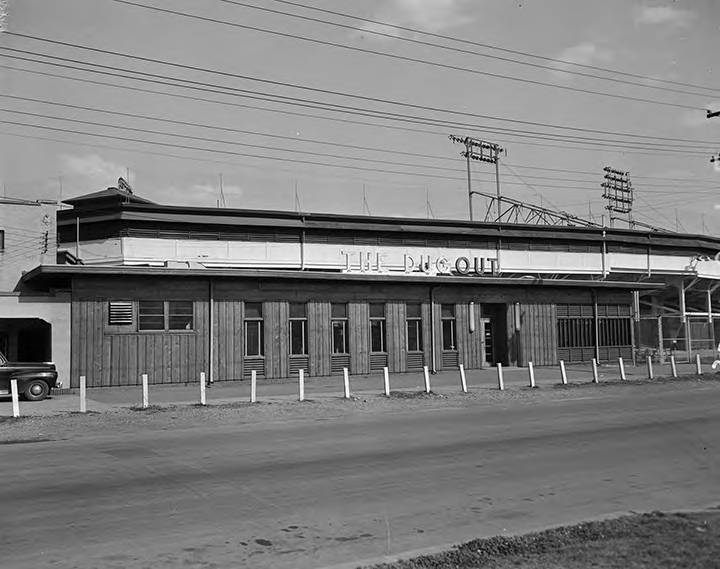
(Alabama Department of Archives and History. Donated by Alabama Media Group. Unknown photographer, Birmingham News.)
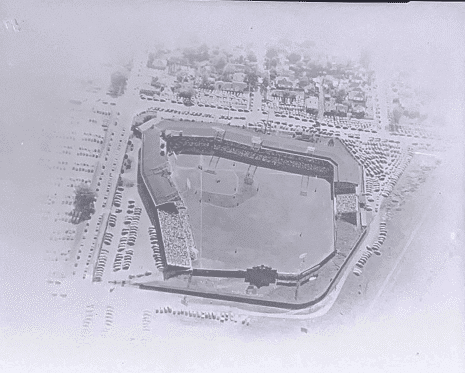
Birmingham News "Airview / Rickwood Field"
(Alabama Department of Archives and History. Donated by Alabama Media Group. Unknown photographer, Birmingham News.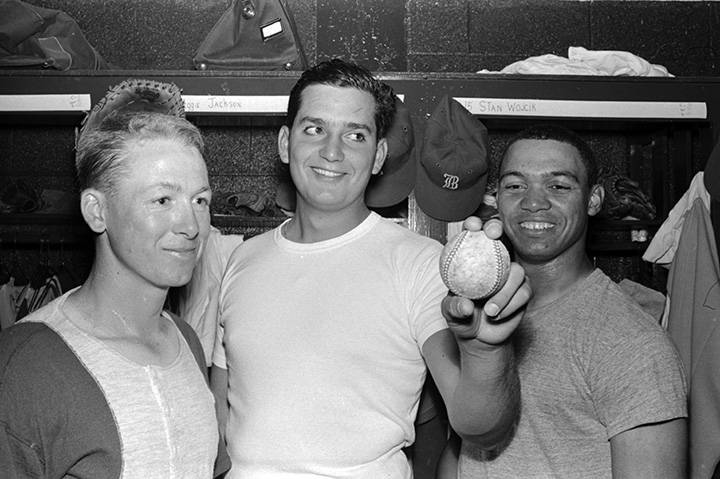
Michael Dobbins, Gil Blanco, and Reggie Jackson, members of the Birmingham A's, after a game against the Knoxville Smokies at Rickwood Field in Birmingham, Alabama.
(Alabama Department of Archives and History. Donated by Alabama Media Group. Photo by Jerry Moulder, Birmingham News.)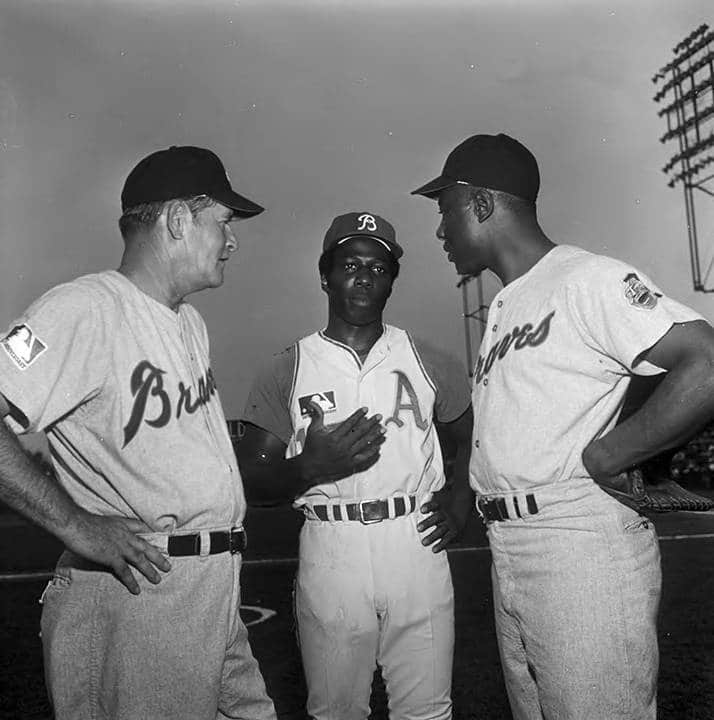
(Alabama Department of Archives and History. Donated by Alabama Media Group. Photo by Haywood Paravicini, Birmingham News.)
The Legend of Rickwood Field
(and the players who helped create it)
Rickwood Field was the passionate pursuit of a young Birmingham, Alabama industrialist, A. H. “Rick” Woodward. While still in his 20s, Woodward bought a controlling interest in the city’s professional baseball team, the Coal Barons. His city was riding high, earning the nickname the ‘Magic City’ due to its phenomenal growth, and Woodward was determined to build a ballpark for his team befitting the title. He first sought design help from the legendary Connie Mack and was heavily influenced by visits to the newly constructed steel and concrete Forbes Field in Pittsburgh.
The Birmingham News conducted a contest to name the park; the winning submission, presumably to Mr. Woodward’s delight, was “Rickwood Field.” Woodward’s passion was contagious. Fueled by fervent publicity, the entire city of Birmingham was closed for business in honor of the park’s opening day. On August 18, 1910, after donning a Barons’ uniform and inserting himself into the line-up to throw out the first actual pitch of the game (a ball), Woodward settled back to enjoy the sold-out spectacle with satisfaction. The nation was baseball-mad, and Woodward’s hometown was no different. He was the proud owner of arguably the best, and definitely the newest baseball park in the land.
Rickwood was the first minor league park built of steel and concrete. Woodward knew that the park was built to last. But he could never have imagined a future, some eighty-one years later, when the demolition of Chicago’s Comiskey Park in 1991 would leave his beloved Rickwood Field as the oldest, baseball park in the land.
The community crowded Rickwood, winning the League attendance trophy regularly, and was rewarded as player-manager Carlton Molesworth led the home team to Rickwood’s first Southern Association title in 1912. Thanks to its convenient location as a railroad hub, major league teams and their stars frequently stopped in Birmingham on their way home from spring training to see Rickwood for themselves. So in addition to cheering on the Baron’s pitcher Burleigh Grimes, who would be the last legal spitballer in baseball, the standing-room-only Rickwood crowds also got to cheer or jeer all five players who would be elected into the very first class of the National Baseball Hall of Fame: Detroit’s Ty Cobb, the Giants’ Christy Mathewson, Walter “Big Train” Johnson, and Honus “The Flying Dutchman” Wagner. And last but certainly not least, Babe Ruth.
Baseball was on its way to becoming the national pastime, entering what many have since called its “Golden Era”. Trolleys delivered enthusiastic fans to every game, reflecting the community’s growth and newfound leisure time; times were good. But not for everybody.


The nation’s historical racial prejudices had hardened into new barriers for Black citizens. Jim Crow laws kept Black citizens separate and unequal and thwarted their full access to many aspects of the blooming American experience, including baseball.
Denied the opportunity to play in organized professional baseball leagues, leaders formed the Negro Leagues to provide opportunities for Black players to showcase their talents. Birmingham’s first entry into the newly formed professional league was the Birmingham Black Barons, formed in 1921, primarily from local company ACIPCO’s Black company team.In an enterprising arrangement with Woodward, the Black Barons rented Rickwood on the dates when the Barons were on the road.
Woodward soon built Rickwood’s distinctive mission-style entrance building, expanded the grandstand, and built new bleachers (including the ‘colored bleachers’ in right field), all to accommodate the overflow crowds. He appreciated the paying business. When the sign hung on the front of Rickwood proclaimed “Black Barons Today,” mostly Black fans would fill Rickwood to cheer their team. This unique arrangement would remain in place for the next forty years, allowing Rickwood fans to enjoy the diamond exploits of some of the country’s greatest white and Black ballplayers. Just never at the same time.
Harold “Pie” Traynor anchored the Barons’ infield, exhibiting talent that would make him the first third baseman inducted into the National Baseball Hall of Fame, and no one could get Barons’ hitter Rogers Hornsby out. The Yankees and Babe Ruth were frequent visitors here, the Bambino wooing crowds with towering home runs into the right-field stands. Meanwhile, the upstart Black Barons teams featured George “Mule” Suttles, a legendary power hitter in the Negro Leagues, and a cocky young pitcher Leroy “Satchel’ Paige, who hurled and jawed his way into the hearts of the local fans, winning more games for Birmingham than any other in what would become an almost mythical career.

Even when its two teams were away, Rickwood was rarely idle. As the city’s largest entertainment venue (until Legion Field was built), Rickwood was a popular choice for other major events. Alabama and Auburn both regularly used Rickwood as a home field for their college football games in Birmingham from 1911 to 1927, as did other local colleges and city high schools. Music concerts were regularly on Rickwood’s calendar, and the circus returned each year to perform.


Though the Depression took the wind out of the local economy, baseball provided a measure of relief. Houston Buffalo pitcher Dizzy Dean pitched – and lost 1-0 – one of the most famous games in Rickwood history. In the 1931 Dixie Series, pitting the champion of the Texas League against the champion of the Southern Associa, Dean squared off against the Barons’ Ray Caldwell, a 43-year-old pitcher in the twilight of his career. The brash phenom had guaranteed victory, and Birmingham fans crowded the foul lines, and perched on the outfield wall and even in trees to watch their Barons prove him wrong. Dean struck out none to Caldwell’s five, with Barons’ second baseman and future Alabama Hall of Famer Billy Bancroft delivering the winning hit before an ecstatic sell-out crowd.
In 1936, Rickwood became one of the first minor league ballparks in the country to host night baseball when Woodward installed distinctive field lights that watch over the field to this day. When Babe Ruth popularized the home run, Rickwood’s outfield fences and towering, hand-operated scoreboard were moved to a more batter-friendly distance. There was great play on the field and a great field to play.
The Black Barons won three Negro American League championships in the following decade, the final one led by popular player-manager Lorenzo “Piper” Davis’ and superb batsman Artie Wilson, but the team is mostly remembered for its teenage centerfielder, Willie Mays, who grew up minutes from Rickwood Field. Mays was just 17 years old and became a starter on the team. He contributed key hits in Games One and Two of the Negro American League Championship Series helping the Barons secure victories. He also led the Black Barons to its only win in the 1948 Negro League World Series. Mays played two more summers with the Black Barons before embarking on a dazzling major league career that convinced many that Mays is the greatest baseball player in history. 1948 was a watershed year for Birmingham baseball fans, as the Barons also won the Southern Association championship, setting the all-time league attendance record cheering for the team that starred power-hitting Walt “the Moose from Moosup” Dropo, who would earn National League Rookie of the Year honors just two seasons later.


The Barons won another title in 1958, and Mickey Mantle and Stan “the Man” Musial brought their teams from spring training to Rickwood. Although the Negro Leagues were winding down in this era, the Black Barons won a Negro American League championship in 1959 and were the last team standing in 1962, when the league ended according to baseball historian Bill Plott.
When Jackie Robinson “broke” the color barrier, the door was cracked for the next generation of players of ALL races to compete against others at the highest level. Fortunately, the nation, and baseball, were changing. But change would come slower in Birmingham, as its particularly strident enforcement of Jim Crow laws and age-old prejudices combined to give ongoing purpose to the Black Barons and the Negro Leagues all the way into the Sixties.
By 1962, the year before images of firehoses and dogs roiled the city and horrified a nation, the Barons decided to not field a team at all rather than join the newly formed Southern League, which was comprised of teams with white and Black players. But Birmingham fans, Black and white, old and young, missed their baseball and let their feelings be known. In 1964, the segregated seating signs were removed, and Rickwood Field became one of the first public facilities in Birmingham to integrate, as the Barons team that included Black players Bert Campaneris Tommy Reynolds and John “Blue Moon” Odom united the fans at last behind one team. While it may be wishful revisionist history, in this one symbolic instance, the city’s love of baseball had managed to overcome a century of hate.
When Birmingham native Charlie O. Finley began stockpiling the young stars that would make up the building blocks of his three Oakland A’s championships, his newly named Birmingham A’s were powered by Reggie Jackson, with pitching provided Rollie Fingers (sans mustache), and flamethrower Vida Blue. From the late 1960s to mid-1970s, Hank Aaron regularly brought his Atlanta Braves to play the Southern League All-Stars at Rickwood, giving the fans a glimpse of the man on his way to the all-time home run record.


The Birmingham A’s moved to Chattanooga due to sagging attendance at the end of the 1975 season, leaving Rickwood alone with its legends for five seasons. However, in 1981 Memphis GM Art Clarkson led a consortium of investors and purchased the Montgomery Rebels and moved them to Birmingham, rebranding the club as the Barons. These Barons won two more Southern League titles, in 1983 and 1987. However, Rickwood was more than showing its age, and the decaying facility was surrounded by a deteriorating neighborhood. Even though minor leagues were enjoying a remarkable renaissance around the country, this was not the case in Birmingham, and not at Rickwood. Even the championship season in 1987 felt bittersweet, only delaying the inevitable. The crowds had once again thinned to a trickle. When Clarkson was unable to secure a commitment from the city to make the desperately needed improvements to the park, the Barons moved to a new home ballpark in Hoover, a suburb south of Birmingham. When the City leased the old ballpark to the Board of Education for high school baseball and occasional football games, nobody doubted that the days of Woodward’s magical baseball palace were numbered.
The National Register of Historic Places
When the White Sox announced plans to demolish Comiskey in 1991, Rickwood Field went from ‘old’ to ‘historic.” The National Register of Historic Places officially acknowledged Rickwood’s unique place in American history. Rick Woodward’s 1910 ballpark was now the mother church of baseball.Seizing the moment, the Friends of Rickwood organization was formed in 1992, comprised largely of men who could not stand the thought of a wrecking ball demolishing the very place they had spent their youth watching their heroes. The city seemed more than glad to give the group the keys to the ancient park.
First, there was the question of money. Inspired by missed opportunities with movies “League of Their Own” and “The Natural,” Rickwood was marketed as a particularly authentic film location and successfully leased the park as a set for period films about Rickwood alumni, including “Cobb” (Ty Cobb), and “Soul of the Game” (Negro Leaguers Paige, Gibson, and Robinson). More recently, “42”, the award-winning biographical look at the journey of Jackie Robinson. Rickwood had new life.
In 1996, the Birmingham Barons agreed to return to their long-time home for a throwback game for the ages. The Rickwood Classic paid tribute to the legendary 1948 Birmingham Barons and Black Barons teams, with the Barons and the Memphis Chicks donning replica uniforms of the era. For the first and only time, the returning players and executives from these famous teams shared the emerald green grass of Rickwood’s infield before Rickwood’s first sell-out crowd in many years stood and cheered. The moment may have been lost on many of the younger fans, but certainly not on the legendary players themselves. Rickwood, long the setting for such beautiful baseball despite such historical restraints, was a place for healing.

The Rickwood Classic was so popular with fans and players that the game has become an annual ritual that draws fans from across the nation, who come to see and feel baseball in the setting that still exists only at Rickwood Field, America’s Oldest Baseball Park.
Today, Rickwood hosts some 150 125 amateur games a year, from high school, baseball camps, and travel baseball, to serving as the home field for HBCU Miles College. Every game offers a new generation of players a chance to feel the magic of Rickwood, to play on the same field as Ruth and Mantle, and to pitch from the same mound as Satchel and Dizzy. It will likely be years before we learn if any future Hall of Famers began their journey at Rickwood, just as Willie Mays did over 70 years ago.
Of the 351 members who have been elected to the National Baseball Hall of Fame, 181 have played, managed, umpired or led a baseball team at Rickwood Field since 1910. Rickwood Field is heralded due to the distant era of its opening, but it is the players who give that legacy its meaning.
MLB and the Tribute to the Negro Leagues
The announcement by Major League Baseball that the San Francisco Giants and St. Louis Cardinals will play a regular season game at historic Rickwood Field in 2024 as a tribute to the Negro Leagues has already brought new appreciation for Rickwood, and will introduce another generation to Rickwood’s special place in baseball and national history.
Timeline

(Alabama Department of Archives and History. Donated by Alabama Media Group. Photo by Haywood Paravicini, Birmingham News.)

(Alabama Department of Archives and History. Donated by Alabama Media Group. Unknown photographer, Birmingham News.)

Birmingham News "Airview / Rickwood Field"
(Alabama Department of Archives and History. Donated by Alabama Media Group. Unknown photographer, Birmingham News.
Michael Dobbins, Gil Blanco, and Reggie Jackson, members of the Birmingham A's, after a game against the Knoxville Smokies at Rickwood Field in Birmingham, Alabama.
(Alabama Department of Archives and History. Donated by Alabama Media Group. Photo by Jerry Moulder, Birmingham News.)
(Alabama Department of Archives and History. Donated by Alabama Media Group. Photo by Haywood Paravicini, Birmingham News.)
Timeline

(Alabama Department of Archives and History. Donated by Alabama Media Group. Unknown photographer, Birmingham News.)
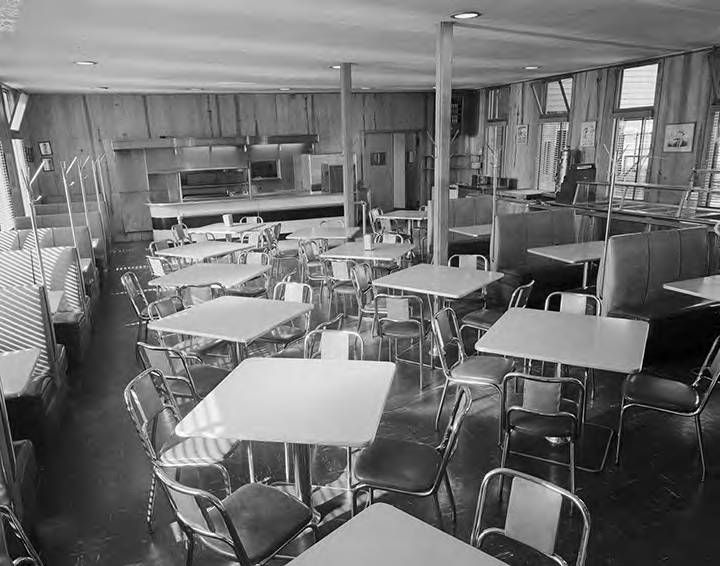
(Alabama Department of Archives and History. Donated by Alabama Media Group. Unknown photographer, Birmingham News.)

(Alabama Department of Archives and History. Donated by Alabama Media Group. Photo by Jerry Moulder, Birmingham News.)
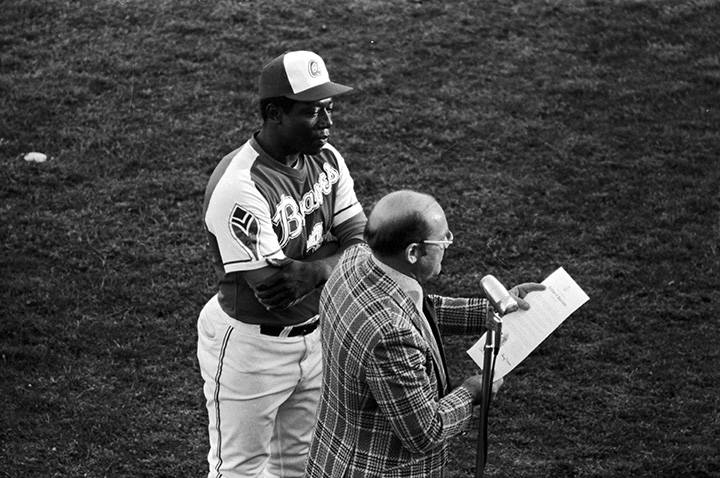
Alabama Department of Archives and History. Donated by Alabama Media Group. Photo by Tom Self, Birmingham News.
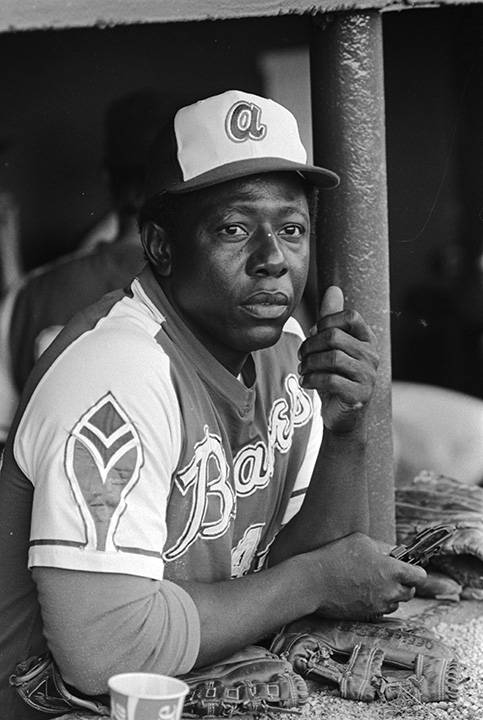
Alabama Department of Archives and History. Donated by Alabama Media Group. Photo by Edouard Bruchac, Birmingham News.
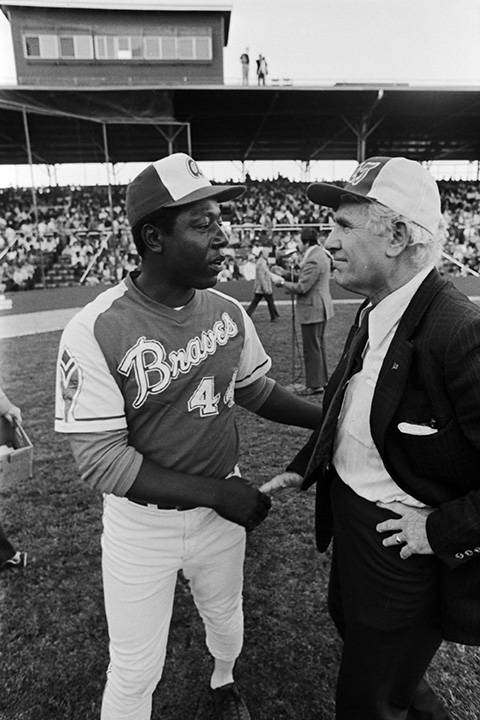
(Alabama Department of Archives and History. Donated by Alabama Media Group. Photo by Edouard Bruchac, Birmingham News.)
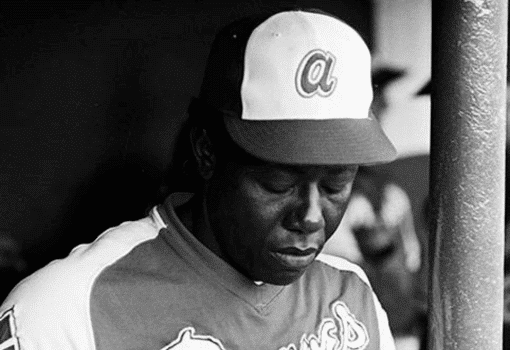
(Alabama Department of Archives and History. Donated by Alabama Media Group. Photo by Edouard Bruchac, Birmingham News.)
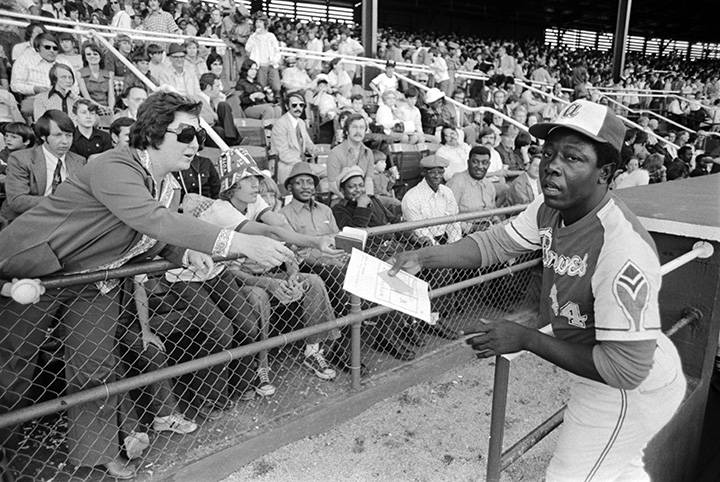
(Alabama Department of Archives and History. Donated by Alabama Media Group. Photo by Edouard Bruchac, Birmingham News.)
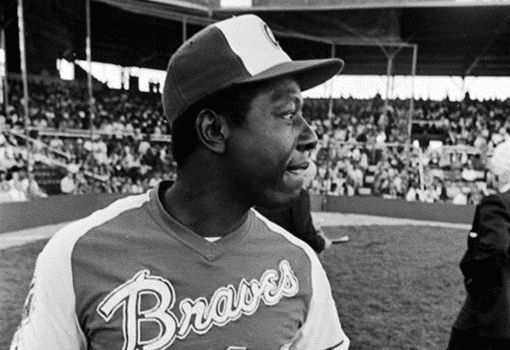
(Alabama Department of Archives and History. Donated by Alabama Media Group. Photo by Edouard Bruchac, Birmingham News.)
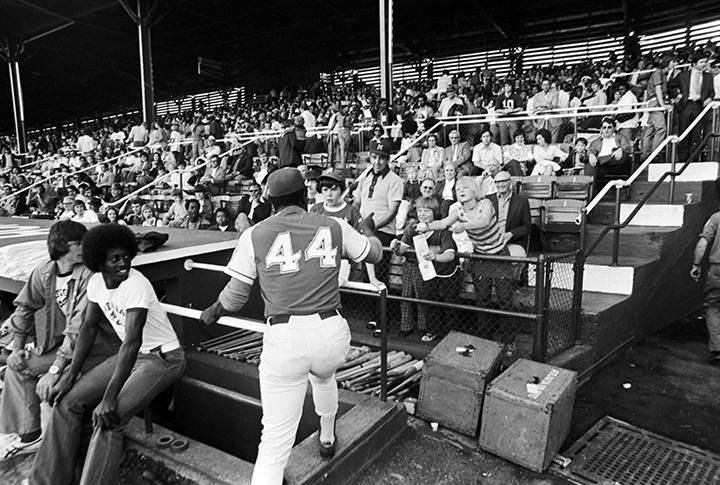
( Alabama Department of Archives and History. Donated by Alabama Media Group. Photo by Edouard Bruchac, Birmingham News.)
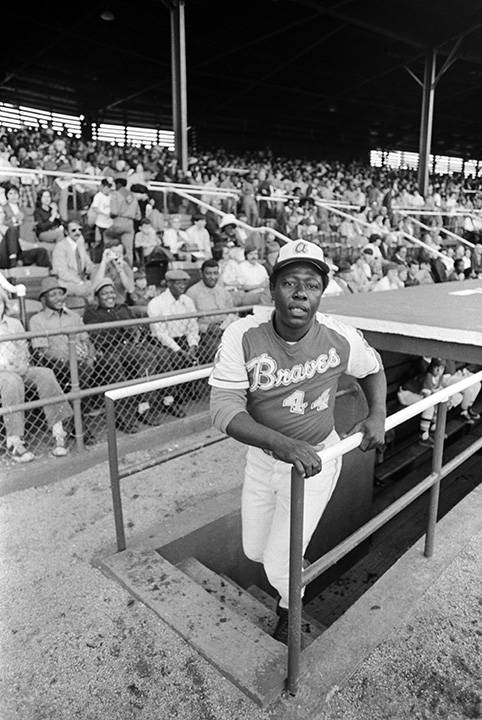
(Alabama Department of Archives and History. Donated by Alabama Media Group. Photo by Edouard Bruchac, Birmingham News.)
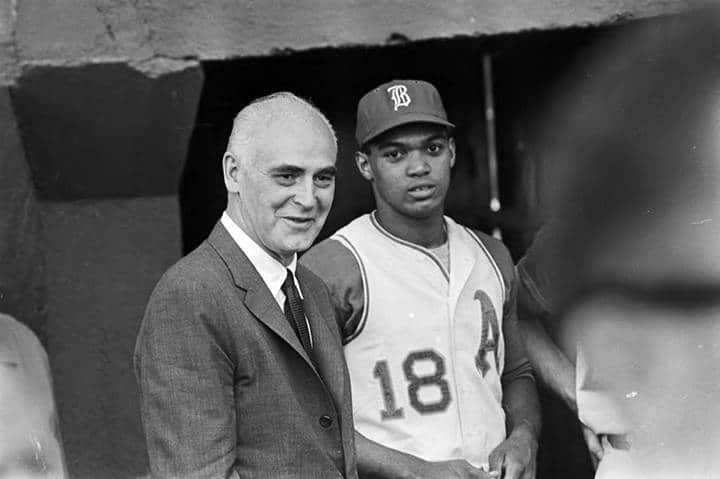
(Alabama Department of Archives and History. Donated by Alabama Media Group. Photo by John Farmer, Birmingham News.)
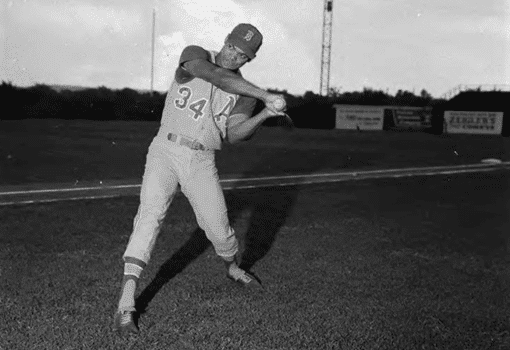
(Alabama Department of Archives and History. Donated by Alabama Media Group. Photo by Dave Battle, Birmingham News.)
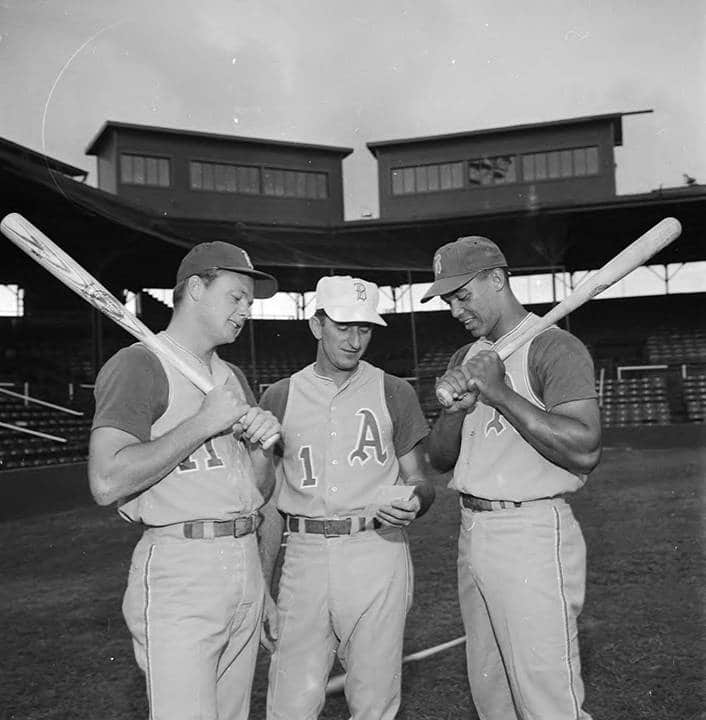
(Alabama Department of Archives and History. Donated by Alabama Media Group. Photo by Dave Battle, Birmingham News.)
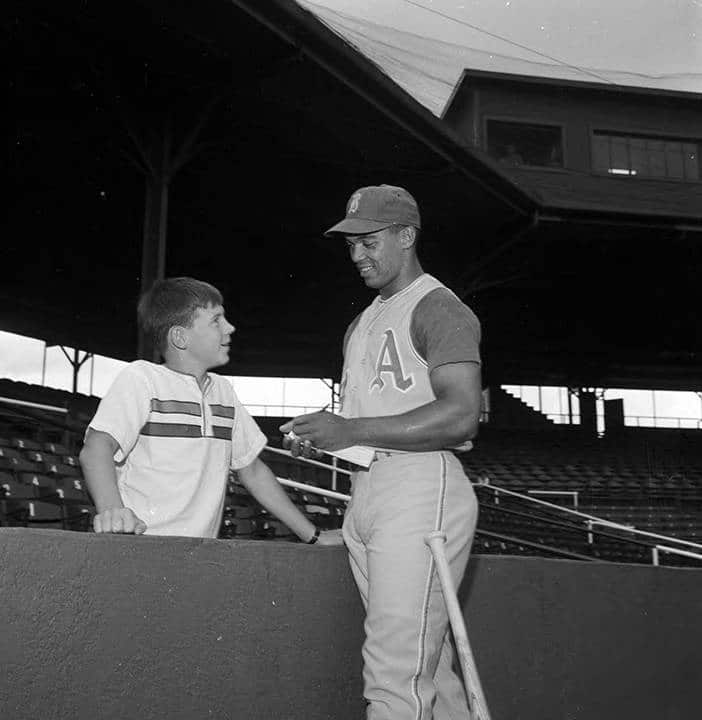
(Alabama Department of Archives and History. Donated by Alabama Media Group. Photo by Dave Battle, Birmingham News.)

(Alabama Department of Archives and History. Donated by Alabama Media Group. Photo by Haywood Paravicini, Birmingham News.)

(Alabama Department of Archives and History. Donated by Alabama Media Group. Photo by Haywood Paravicini, Birmingham News.)
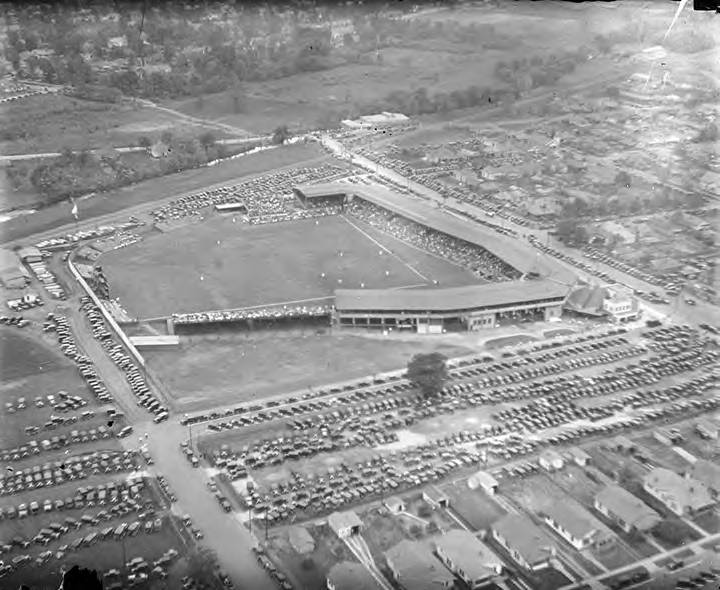
(Alabama Department of Archives and History. Donated by Alabama Media Group. Photo by Haywood Paravicini, Birmingham News.)
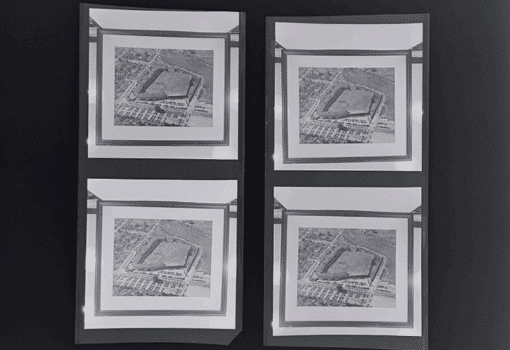
(Alabama Department of Archives and History. Donated by Alabama Media Group. Photos by Tom Self, Birmingham News.)
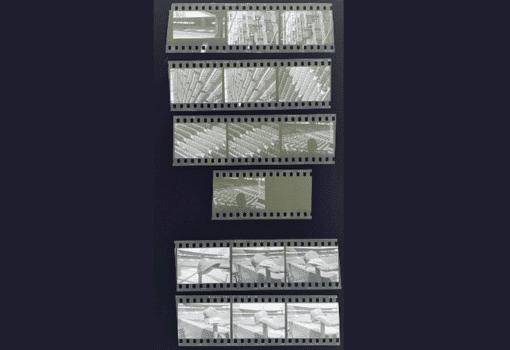
Alabama Department of Archives and History. Donated by Alabama Media Group. Photos by Robert Adams, Birmingham News.
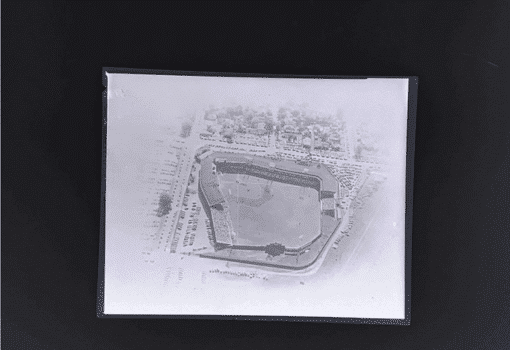
Alabama Department of Archives and History. Donated by Alabama Media Group. Unknown photographer, Birmingham News.
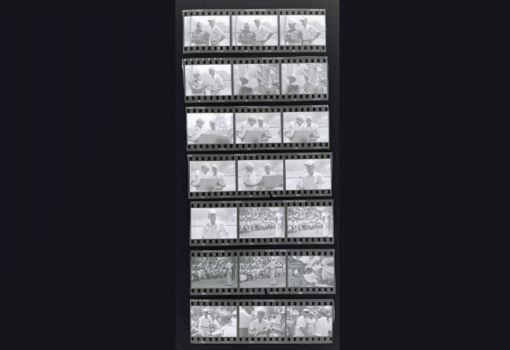
(Alabama Department of Archives and History. Donated by Alabama Media Group. Photos by Bernard Troncale, Birmingham News.)
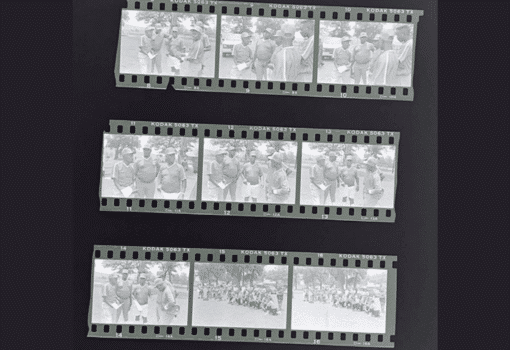
(Alabama Department of Archives and History. Donated by Alabama Media Group. Photos by Steve Barnette, Birmingham News.)
Timeline

(Alabama Department of Archives and History. Donated by Alabama Media Group. Photo by Haywood Paravicini, Birmingham News.)

(Alabama Department of Archives and History. Donated by Alabama Media Group. Unknown photographer, Birmingham News.)

(Alabama Department of Archives and History. Donated by Alabama Media Group. Photo by Haywood Paravicini, Birmingham News)

(Alabama Department of Archives and History. Donated by Alabama Media Group. Photo by Jerry Moulder, Birmingham News.)

(Alabama Department of Archives and History. Donated by Alabama Media Group. Photo by Haywood Paravicini, Birmingham News.)

( Alabama Department of Archives and History. Donated by Alabama Media Group. Photo by Edouard Bruchac, Birmingham News.)

(Alabama Department of Archives and History. Donated by Alabama Media Group. Photos by Bernard Troncale, Birmingham News.)

(Alabama Department of Archives and History. Donated by Alabama Media Group. Photos by Steve Barnette, Birmingham News.)
